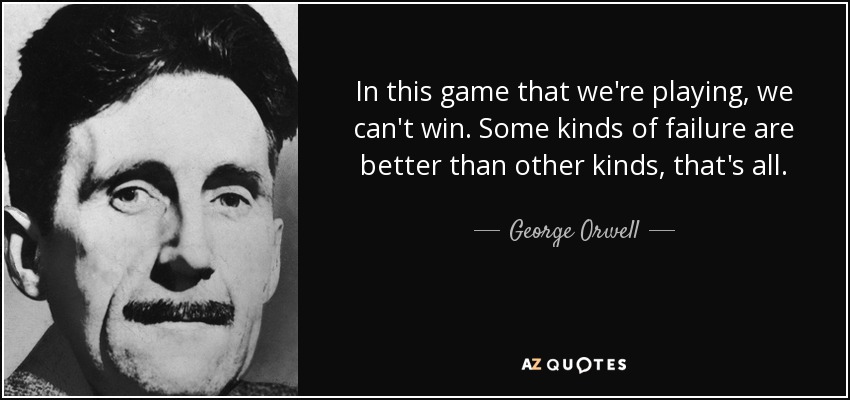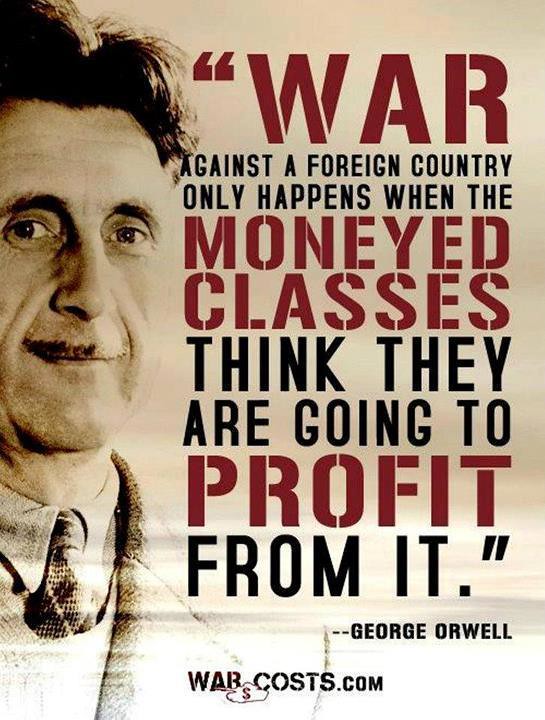Muhammad Yunus and Grameen Bank were awarded the 2006 Nobel Peace Prize in equal parts for their efforts to create economic and social development from below through a microcredit delivery system to provide banking services for the rural poor.Dr. Yunus' vision is the total eradication of poverty from the world. The Grameen Bank, which began as a research project by Dr. Yunus in 1976 to explore a credit delivery service system for the rural poor, has reversed conventional banking wisdom by focusing on women borrowers, dispensing of the requirement of collateral and extending loans only to the very poorest borrowers. Today, more than 250 institutions in nearly 100 countries operate micro-credit programs based on the Grameen Bank model.
Corporations need a conscious-2012 (07:02 min):
Muhammad Yunus with ABC News -332(Australia)
The idea that business should be less concerned with creating money and profits seems to be counter-intuitive. But the founder of micro-finance and the concept of social business, Doctor Muhammad Yunus says that making money should play only one part of the whole picture and that in order to sustain global economic growth corporations must have a conscious.
Find one related video were he gives a lecture or is interviewed.
TASK_ Listen to him once WHILE you take NOTES
Then do one Listen to Write activity (270 words)
Some lectures: Select up to 9 min
2017 Griffith Lecture (338)-- 43:07 minhttp://socialbusinesspedia.com/videos/details/348
Professor Muhammad Yunus delivered the 2017 Griffith Lecture at the Queensland Conservatorium Theatre on April 11.
The CSR Journal 2016 INDIA -335 - 16:51 minhttp://socialbusinesspedia.com/videos/details/335
The 2010 IMPACT Speaker Series, presented by the College of Management and the Institute for Leadership and Entrepreneurship from Thursday, August 26 "Building Social Business" --- 44:30 min
Addressing the One Young World 2012 Summit -- 18:23 minhttp://socialbusinesspedia.com/videos/details/6
Lugano Keynote Speech - Social Business Conference 2012 --- 44:30 minhttp://socialbusinesspedia.com/videos/details/4










